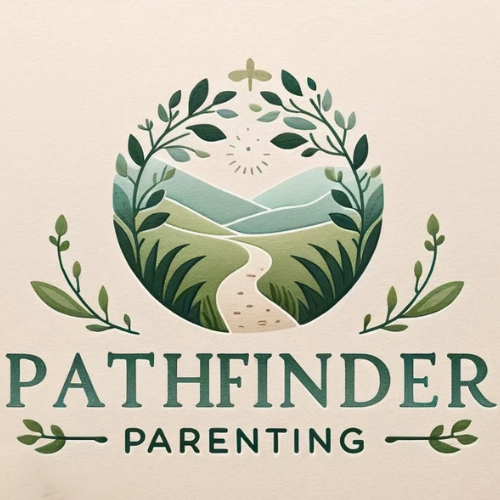Ready, Set, Preschool!
Unleashing the Excitement and Preparing for a New Milestone
Embarking on the preschool journey is an exciting milestone for both children and parents. As your little
one takes their first steps into the world of structured learning, it’s essential to ensure they are adequately
prepared for this new adventure. In this article, we will delve into the key aspects of preschool readiness,
provide practical tips for parents, and explore the benefits of a solid foundation before starting preschool.
So, let’s dive into the world of Ready, Set, Preschool!.
Understanding the Importance of Preschool Readiness
Children who have robust social-emotional skills, a positive attitude towards learning, and a strong
foundation in basic cognitive skills are often better equipped to handle the transition to preschool.
Preschool readiness sets the stage for future academic success. It involves acquiring a range of skills that
enable a child to navigate the classroom environment, engage in age-appropriate activities, and interact
positively with peers and teachers. By developing these capabilities, children can embrace the preschool
experience with confidence and enthusiasm.
To cultivate preschool readiness, it is important to focus on key areas such as social-emotional skills,
language and communication, cognitive development, and self-help skills. Encouraging your child in
these domains will not only prepare them for preschool, but also lay a strong foundation for lifelong
learning.
Nurturing Social-Emotional Skills
Promoting social-emotional skills enables children to express their emotions appropriately, establish
positive relationships, solve conflicts peacefully, and develop a healthy self-esteem. These skills set the
stage for successful interaction with classmates and teachers, making the preschool environment a
nurturing space for growth.
Engaging your child in activities that promote self-awareness, empathy, and emotional regulation are
effective strategies to foster social-emotional development. Ask them questions about how they feel in
different situations, encourage sharing and cooperation during playdates, and provide a safe space for
open communication within the family. Building these skills at home will pave the way for a smooth
transition into the social aspects of preschool life.
Supporting Language and Communication
Developing language and communication skills equips children with the tools to express their needs and
thoughts, understand instructions, engage in conversations, and participate actively in classroom
activities. From acquiring vocabulary and listening skills to practicing early literacy and storytelling, the
foundation starts at home.
Reading aloud to your child, engaging in conversations, singing nursery rhymes, and exposing them to a
rich language environment are valuable ways to strengthen language and communication skills.
Encourage them to ask questions, describe their experiences, and express their creativity through
language. By immersing your child in a language-rich environment, you are setting the stage for success in
preschool and beyond.
Fostering Cognitive Development
Cognitive development encompasses a range of skills, from problem-solving and critical thinking to
memory and attention.
Building cognitive skills prepares children for the academic aspects of preschool. Encouraging
exploration, curiosity, and discovery helps them develop an inquisitive mindset and intellectual flexibility.
Engage your child in age-appropriate puzzles, games, and activities that challenge their thinking and
problem-solving abilities.
Additionally, support their development of math and literacy skills by incorporating counting, identifying
shapes and colors, and exploring letters and sounds into daily routines. By fostering their cognitive
development, you are equipping them with the tools to navigate the educational journey that lies ahead.
Cultivating Essential Self-Help Skills
Self-help skills empower children to become independent and take care of their own needs.
Preschool demands a certain level of independence, and acquiring self-help skills enables children to
navigate the daily routines and activities in a classroom setting. Teaching your child basic self-help skills
such as dressing themselves, using the restroom independently, and practicing good hygiene habits, not
only supports their preschool readiness but also enhances their confidence and self-esteem.
Create routines and provide opportunities for your child to practice self-help skills, encourage them to
take responsibility for age-appropriate tasks, and acknowledge their efforts. Empowering them to do
things on their own fosters a sense of achievement and prepares them to handle the preschool experience
with greater ease.
Did you know? We offer a Ready, Set, Preschool Checklist!
